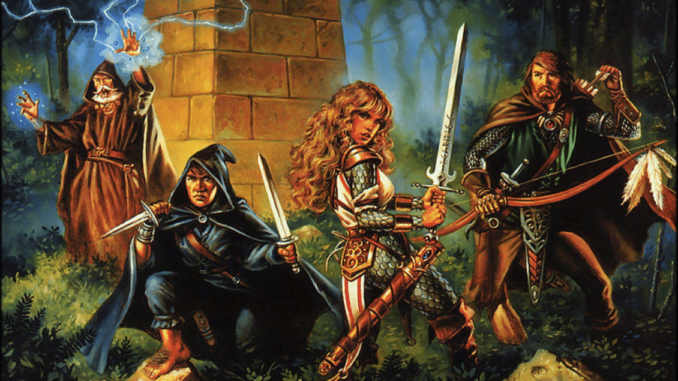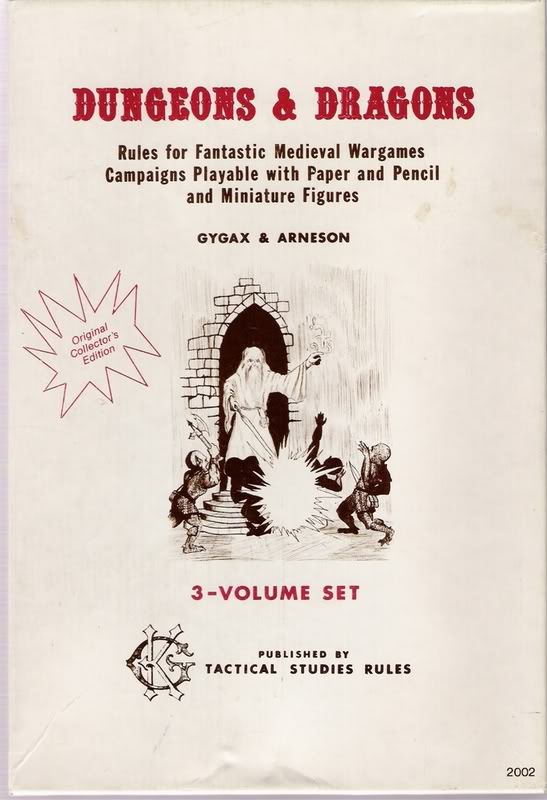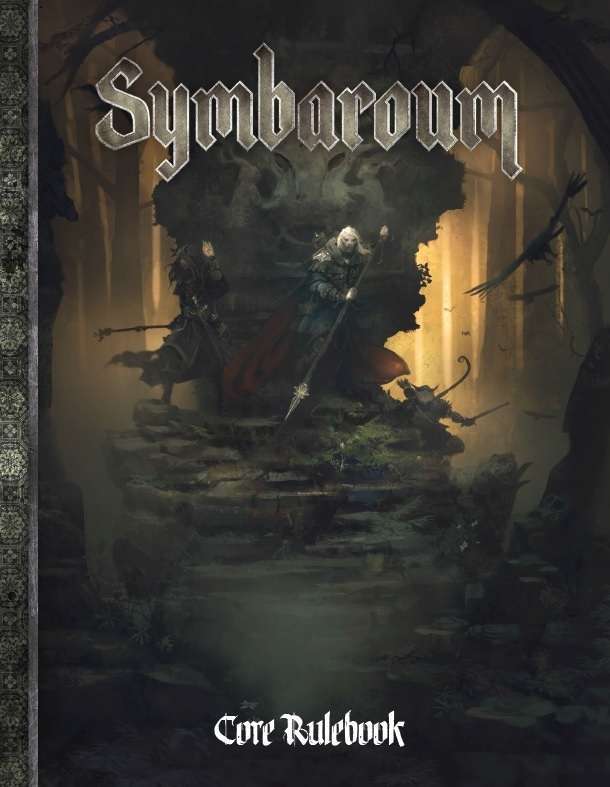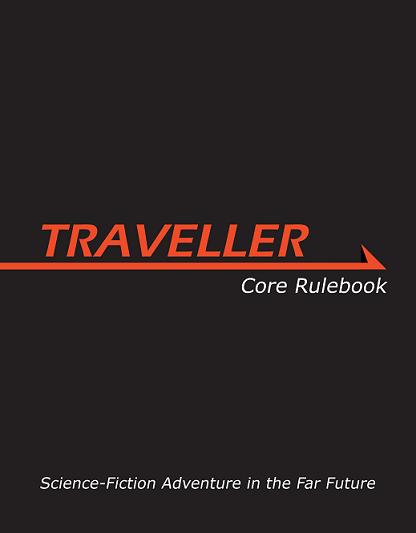
Surely, the concept of “Class” needs no prolonged introduction – the concept goes back to the very beginning of the tabletop RPG hobby. In short, a character’s class represents their background, training, and/or profession. A character’s class may influence their core stats, what skills they’re good at, and what sorts of special abilities they have. RPGs tend to fall into one of three categories of class arrangements: leveled classes, archetypes, or skill-based.
 Probably the most common and well-known type of classes in RPGs are leveled classes. These are the classes you’ll find in every edition of D&D and similar systems. At character creation, a PC receives a level in one or more classes. Common options are Fighter, Magic-user, Thief, and occasionally Cleric. Leveled classes provide PCs with their basic stats, the number of XP needed to reach the next level in their class (if applicable), and special abilities or skills their class gives them access to. For example, a Fighter may get bonus damage or to-hit bonuses, a Magic-user can cast spells, and a Thief can pick locks. The number and/or strength of special abilities will tend to increase as a player gets more levels in a class. It should be mentioned that not all of these classes need not be profession-based; some RPGs use so-called “racial classes.” Games with racial classes to assume Humans as the default species, and so players must choose a class like Elf, Dwarf, or Halfling to play a different species, foregoing some or all of the special characteristics of more diverse human classes.
Probably the most common and well-known type of classes in RPGs are leveled classes. These are the classes you’ll find in every edition of D&D and similar systems. At character creation, a PC receives a level in one or more classes. Common options are Fighter, Magic-user, Thief, and occasionally Cleric. Leveled classes provide PCs with their basic stats, the number of XP needed to reach the next level in their class (if applicable), and special abilities or skills their class gives them access to. For example, a Fighter may get bonus damage or to-hit bonuses, a Magic-user can cast spells, and a Thief can pick locks. The number and/or strength of special abilities will tend to increase as a player gets more levels in a class. It should be mentioned that not all of these classes need not be profession-based; some RPGs use so-called “racial classes.” Games with racial classes to assume Humans as the default species, and so players must choose a class like Elf, Dwarf, or Halfling to play a different species, foregoing some or all of the special characteristics of more diverse human classes.
 Another common type of class arrangement is archetypes. In this arrangement, characters choose a particular archetype that will give them certain related mechanical and/or narrative abilities but otherwise have no limits on what sorts of talents, skills, abilities, etc. they may take. An example of this type of system can be found in Symbaroum, whose archetypes and occupations grant certain starting abilities and talents, but still allow players to dip into whatever they want as they progress. In these systems levels generally aren’t used, but rather abilities or talents are purchased as the campaign goes along.
Another common type of class arrangement is archetypes. In this arrangement, characters choose a particular archetype that will give them certain related mechanical and/or narrative abilities but otherwise have no limits on what sorts of talents, skills, abilities, etc. they may take. An example of this type of system can be found in Symbaroum, whose archetypes and occupations grant certain starting abilities and talents, but still allow players to dip into whatever they want as they progress. In these systems levels generally aren’t used, but rather abilities or talents are purchased as the campaign goes along.
 Skill-based RPGs generally don’t have classes at all. They may have backgrounds or something similar, but these tend to have fewer mechanical implications beyond possibly determining certain starting skill levels. With a skill-based arrangement, PCs increase their prowess in a number of different “skills” that represent their competence when performing certain actions or activities. This tends to be the least restrictive in terms of character creation. Instead of being forced into certain roles or archetypes, a player can design their PC to have whichever skills or abilities they want. The classic example of a skill-based system is Traveller.
Skill-based RPGs generally don’t have classes at all. They may have backgrounds or something similar, but these tend to have fewer mechanical implications beyond possibly determining certain starting skill levels. With a skill-based arrangement, PCs increase their prowess in a number of different “skills” that represent their competence when performing certain actions or activities. This tends to be the least restrictive in terms of character creation. Instead of being forced into certain roles or archetypes, a player can design their PC to have whichever skills or abilities they want. The classic example of a skill-based system is Traveller.
Can you think of any games that have a unique way of implementing class not covered here? Which classes are your favorites? Let me know in the comments below!
Do you have thoughts or questions about the article or suggestions for future content? Leave a comment below or drop me a line at jtdimino@d20radio.com.
